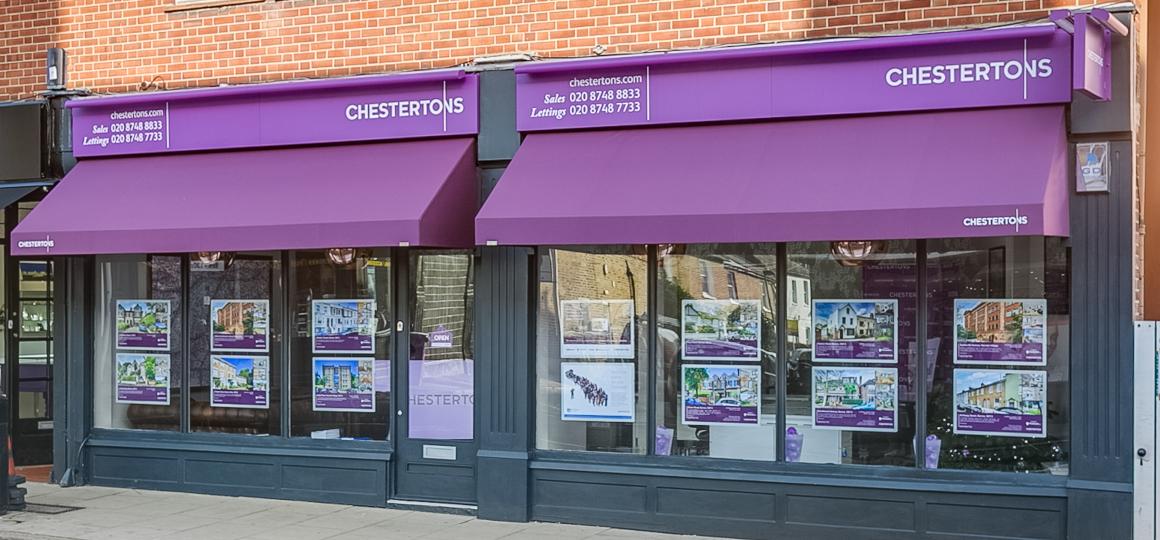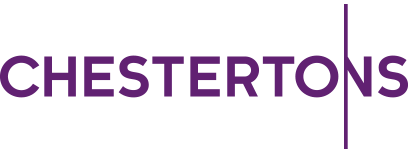Case studies
Helping one of the world's oldest and most reputable residential property specialists increase diversity and inclusion throughout the business

The Challenge
While Chestertons has had a long and successful history as property consultants and estate agents, it’s had a reputation for being a very middle class white male dominated business.
While this was more of a perception than a reality, it was a concern that even members of staff felt there were gender biases within the company. Senior managers were aware of formal grievances being lodged and worried that this perception was damaging both to their reputation and workplace performance.

The Solution
Having worked with Thomas’ assessments for a number of years, Chestertons approached the team to address the specific issue of increasing diversity and inclusion throughout the business.
Thomas’ psychologists devised a survey to investigate the differences in perceptions and experiences of different groups of people within the company. The aim was to understand sources of bias and identify approaches to reducing them in the recruitment and promotion processes.
Hiring managers introduced assessments at the point of interview in order to show statistical patterns over time of people being rejected or recruited based on gender, socio-economic background, age etc.
Alongside the Behaviour Assessment (PPA), candidates were sent a Qualtrics survey to complete outlining their demographic background. The aim was to identify at which stage of the recruitment process they were being rejected, and then relate that to their demographic group.
As well as surveying prospective employees, 305 current staff completed the survey in November 2019; they were asked about perceptions of fairness, job satisfaction, commitment to Chestertons and intention to leave.
The results of the survey showed there was evidence of unconscious bias across gender and socio-economic factors and more extensive racial bias. Plus, the double jeopardy rule meant that anyone falling into two or more of these categories faced even more discrimination. The survey proved a need to introduce a more impartial method of filtering candidates and Thomas’ Behaviour assessment (PPA) was chosen.
From the start, Thomas and Chestertons delivered unconscious bias awareness training to allow hiring managers to understand inherent biases in their decision making. Thomas’ experts also tabled some additional ideas to mitigate the issues.
They created an ideal PPA profile to match candidates against to add objectivity to the recruitment process. This enabled managers to think beyond their preferences and likes and their own experiences.
Chestertons re-ran the survey regularly and data showed there was a very large improvement in perceived discrimination and interpersonal justice through 2020; gender differences broadly halved since 2019, and while there remained some differences in the experiences based on socioeconomic status, by 2020 these were no longer existent for perceived discrimination or justice, and reduced for job satisfaction.
The tools and training which made them aware of their bias allowed them to review processes, better support hiring managers and ultimately make more objective decisions in hiring.

The Results
Addressing bias in their recruitment processes made good business sense for Chestertons especially as the company has to be able to prove they value diversity in their offices located in areas where ethnic minorities are greatest. This helps to gain trust from the local community and build a strong, engaged team.
Introducing the survey meant Chestertons were able to measure the perceptions and experiences of different groups of people within the company. It shows that the company successfully identified sources of bias and made positive steps to alter staff opinions.
Additionally, the company wanted to be sure they weren’t just recruiting against a high-performing sales person profile as this could lead to internal conflict. For a long-term view of creating success it was important to attract more diverse talent.









